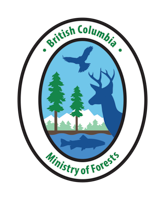An Experimental Trial for Assessing the Effects of Thinning on Carbon and Water in Young Lodgepole Pine Forests.
Lodgepole pine (Pinus contorta ssp. latifolia) regenerates naturally following natural disturbance or harvesting, which often results in over-dense, uniform cohorts. Such overstocking impedes healthy growth of trees, hampers their ability to produce merchantable volumes of wood, and may seriously affect carbon sequestration. This 3-block experimental trial established in 2016 aims at assessing the effects of thinning (two treatments) on carbon and water processes. It is financially and jointly supported by NSERC, UBC Okanagan and the BC Ministry of Forests, Lands, Natural Resource Operations and Rural Development.
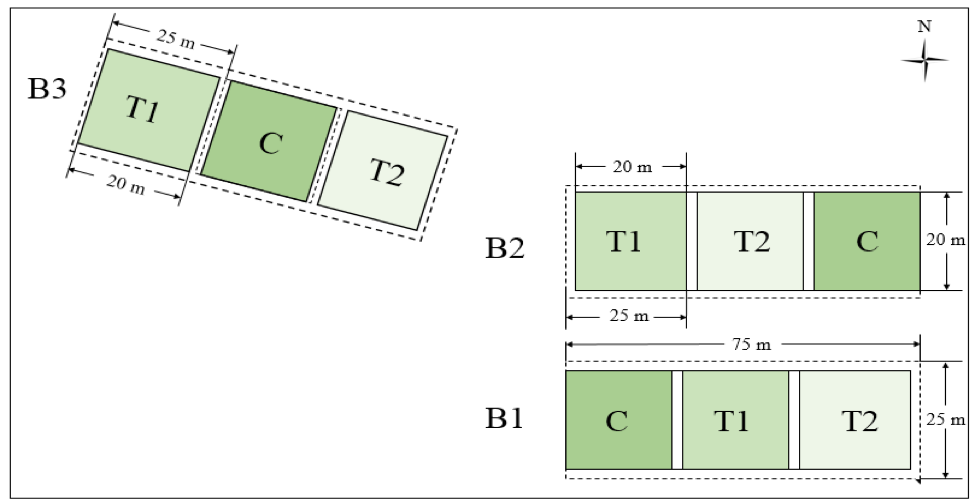
Map 1. The experimental design for assessing forest carbon and water responses to thinning treatments. C: control (27000 stems/ha); T1: treatment 1 (4500); T2: treatment 2 (1100).
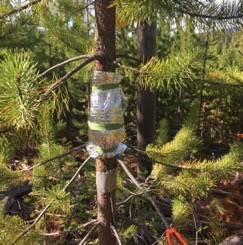
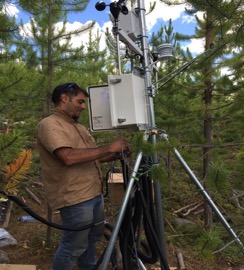
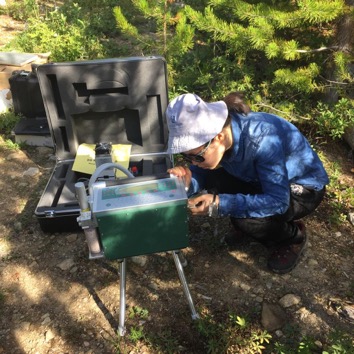
Thinning Trial Publications
Wang, Y., Wei, X, Antonio D. del Campo, A.D., Winkler, R., Wu, J.P., Li, Q., Liu, W.Y. 2019. Juvenile thinning can effectively mitigate the effects of drought on tree growth and water consumption in a young Pinus Contorta stand in the interior of British Columbia, Canada. Forest Ecology and Management. 454: 117667. https://www.sciencedirect.com/science/article/abs/pii/S037811271930982X
Wang, Y., del Campo, A.D., Wei, X., Winkler, R., Liu, W., and Qiang Li, Q. 2020. Responses of forest carbon and water coupling to thinning treatments from leaf to stand scales in a young montane pine forest. Carbon Balance and Management. https://doi.org/10.1186/s13021-020-00159-y
